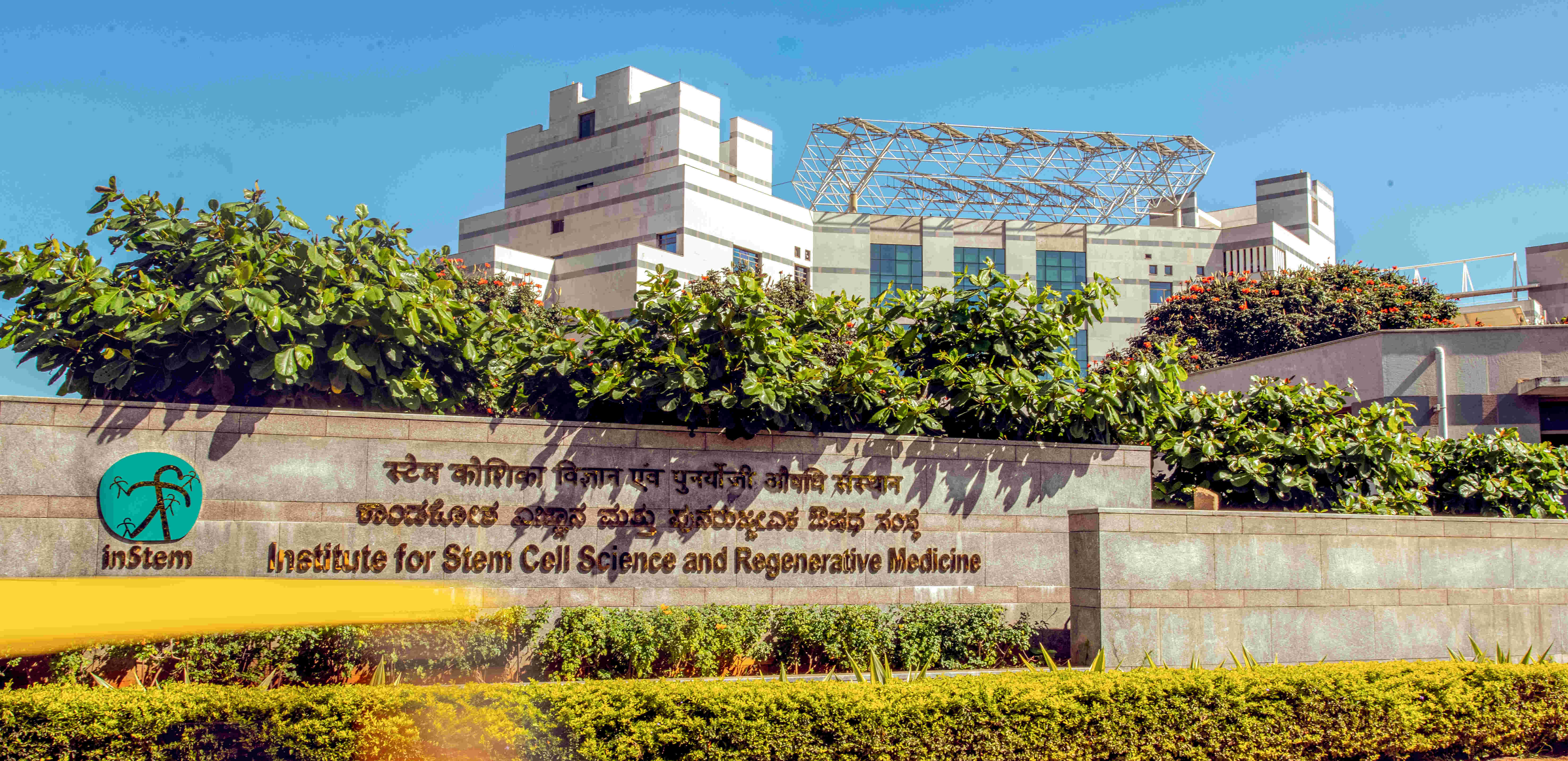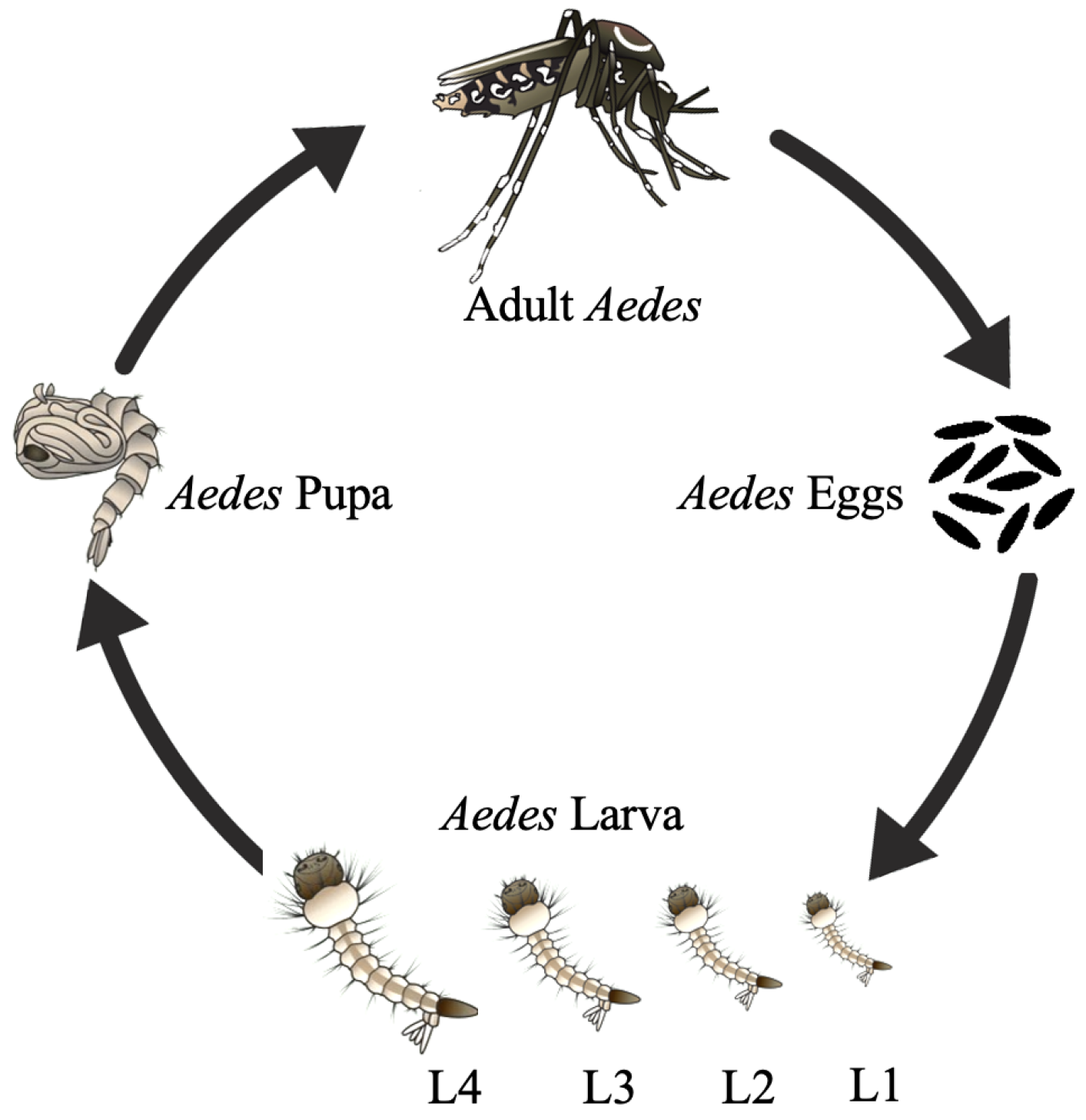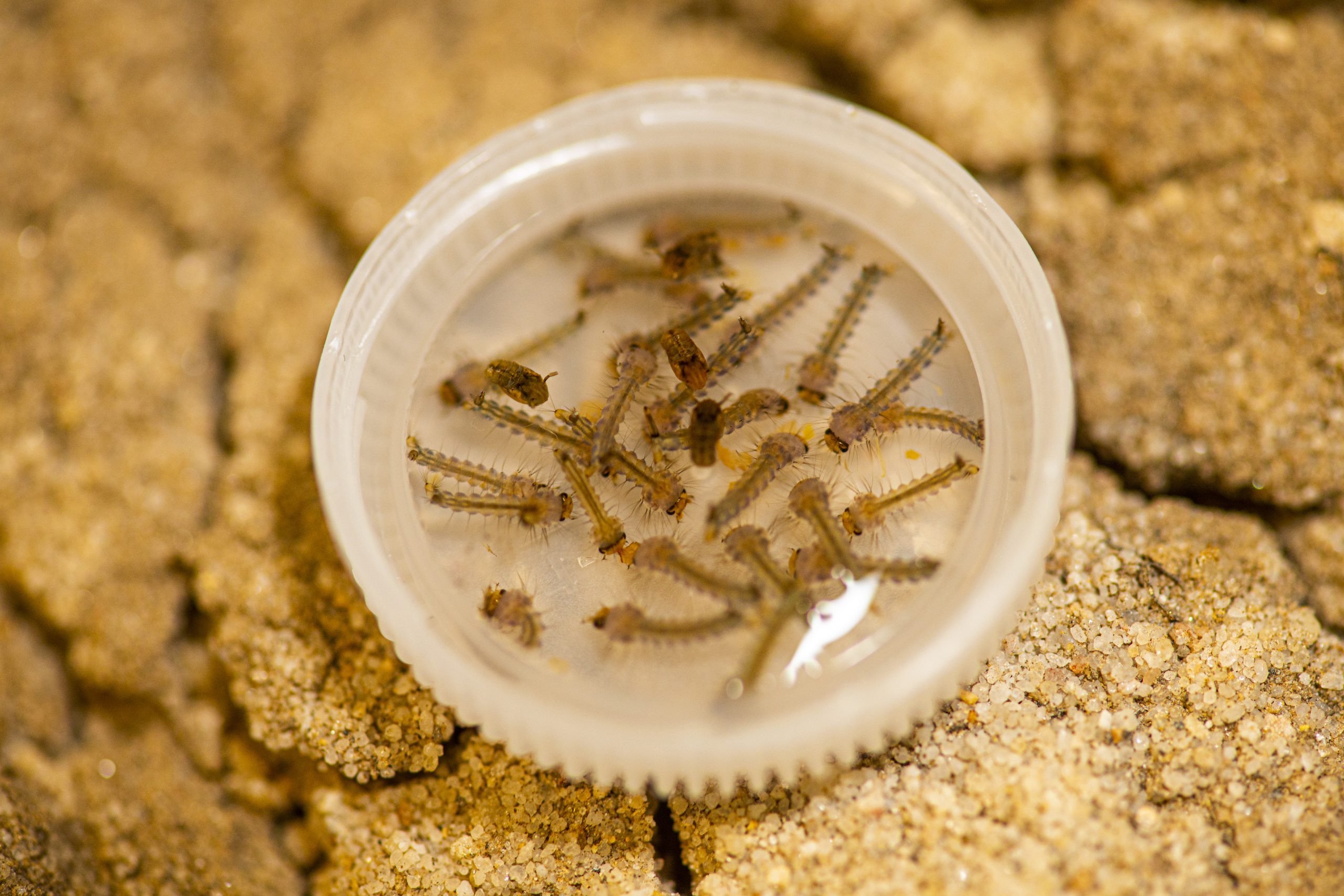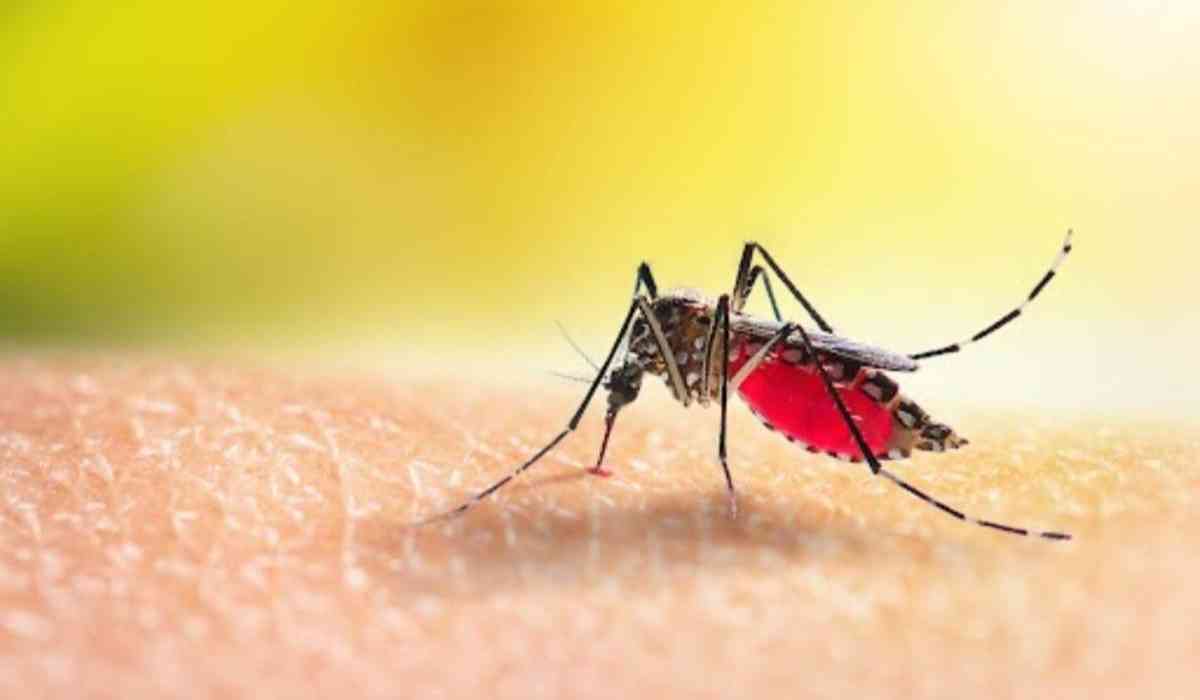In a world where tiny terrors called mosquitoes threaten human health, a glimmer of hope has emerged from the labs of the Indian Institute of Technology (IIT) Mandi and the Institute for Stem Cell Science and Regenerative Medicine in Bengaluru.
These visionary researchers have unveiled the secrets behind the dengue-causing mosquito's remarkable ability to endure and resurrect in the face of adversity. This is no ordinary revelation; it's a giant leap forward in our ongoing war against mosquito-borne diseases.

Published in the esteemed journal PLOS Biology, this research is a beacon of hope for more effective vector control measures in our relentless quest to combat these vexing diseases.
In this groundbreaking expedition, our fearless explorers, including Baskar Bakthavachalu, an Assistant Professor at the School of Biosciences and Bioengineering at IIT Mandi, joined forces with Anjana Prasad, Sreesa Sreedharan, and Sunil Laxman from the Institute for Stem Cell Science and Regenerative Medicine (DBT-inStem). Together, they delved into the enigmatic world of mosquitoes, the notorious carriers of deadly viruses.
These pesky creatures deposit their eggs in water, where they hatch and begin their ominous journey. However, the eggs of dengue and Zika-carrying Aedes mosquitoes possess a remarkable ability to endure extended periods without water, reminiscent of plant seeds patiently biding their time for germination in the absence of moisture.

The intriguing part is that despite this remarkable phenomenon being well-documented, the molecular reasons underpinning the eggs' desiccation tolerance and post-rehydration survival have remained shrouded in mystery—until now.
Our intrepid scientific crew embarked on a mission of epic proportions, rearing Aedes aegypti mosquitoes and scrutinizing their eggs through a series of ingenious experiments. By subjecting these eggs to the ruthless forces of dehydration and subsequent rehydration, they uncovered a dazzling metamorphosis in the developing larvae—a set of metabolic changes essential for their survival.
Lead researcher Bakthavachalu, of IIT Mandi, elucidates the findings, "Life's very essence hinges on water, yet extreme environmental conditions have spurred organisms to discover novel ways of enduring its absence. Each organism forges its unique path to survive water loss. The intricate workings of this fundamental process have long eluded us. In the face of arid conditions, mosquito eggs enter a modified metabolic state, dramatically boosting the production of polyamines—a critical element that shields the embryos from the ravages of water loss."

But that's not all, folks. These resilient little eggs also employ high-calorie lipids as an energy source, enabling them to thrive once they're reunited with life-giving moisture.
The ramifications of this discovery are profound. Unveiling these survival mechanisms paves the way for revolutionary mosquito control strategies. By dismantling the desiccation tolerance of mosquito eggs, our valiant researchers foresee a substantial decline in mosquito populations and a dramatic reduction in disease transmission.

In a world often overshadowed by the grim realities of mosquito-borne diseases, this research offers a glimmer of optimism. It's a reminder that human ingenuity when coupled with an unyielding spirit to conquer challenges, can unlock the secrets of nature and chart a course towards a safer, healthier future.
We're one step closer to reigning in these airborne adversaries, and that's something to celebrate.
© Copyright 2023. All Rights Reserved Powered by Vygr Media.



















